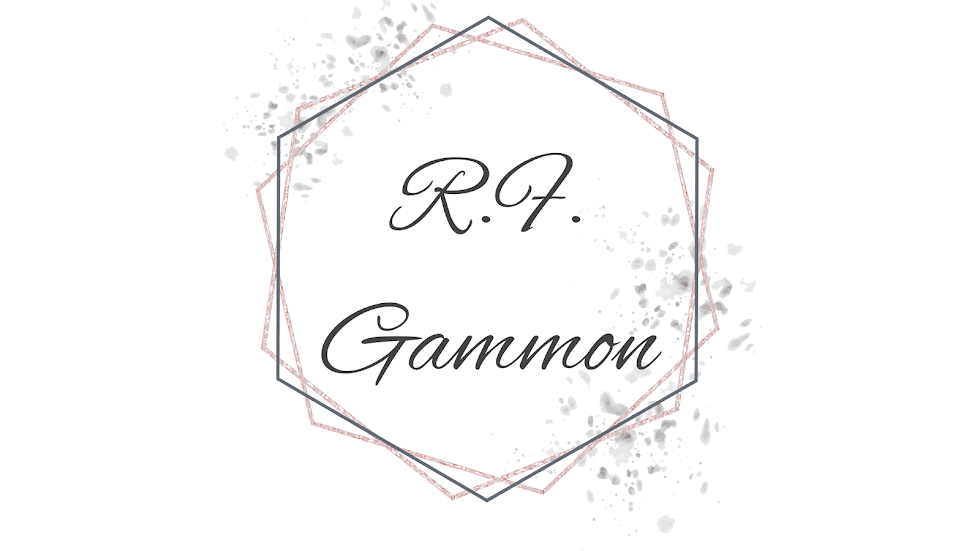Protagonist Proceedings Part 1: Competence
Hello everyone!
I wanted to start a new series for writers on the blog, and as I was thinking about what that might entail, I got to think about main characters. Main characters should be the heartbeat of the story, but they end up being the main divisive point much of the time. I've read books and watched movies where I love the side characters and even the story, but cannot stand the protagonist, and it ruins the entire book for me. Alternately, if I connect to the protagonist, I fall in love with the whole thing, even if it's subpar.
What are the factors that drive this? What allows your main character to be likeable, loveable, and compelling? How do they drive the story and raise the stakes by who they are?
I'm writing this series as a reader, writer, and viewer (of shows/movies). These are things I've observed, which quite a few of my favorite Protagonists have in common. Today is part 1, but I suspect I'll do quite a few of these little deep dives this year. Part 1 is something that you'll probably debate me about no end, but it's just so helpful and enjoyable.
The first trait, in my humble opinion, of a compelling protagonist, is
~Demonstrated Competency~
This post was a lot of ramble, so let me know if you want more of these! I have some ideas, but I will not be writing more of these if y'all don't like them, haha. Comment if you liked this deep dive into the specific things about protagonists!







6 comments
I LOVED this and would be delighted to have more posts like this one, yesss!!! I don't know if I've ever seen any articles or authors talking about this aspect of protagonists?? This is truly a brilliant analysis on traits protagonists need. I loved this!
ReplyDeleteThank you!!!
Deleteso smart!! I love this!! <3 <3 <3
ReplyDeletethanksssss
DeleteThis is so interesting! I honestly haven't thought that deeply about when or why I connect with an MC, or what I end up thinking of a story if I don't... hmm.
ReplyDeleteBut I REALLY had never thought about how having a competent character really makes a story more readable...even if that's just because the reader isn't cringing as the character keeps messing stuff up. (Maybe this is why I didn't like Anne of Green Gables as a kid...)
I like this, and I 100% agree! Competency is a HUGE factor in whether or not I like a protagonist. Sure, they can make mistakes, sure they can mess up, sure they can learn. But if they're just incompetent and choose to continue to be throughout the story... I can't stand it
ReplyDeleteHello, friends! Do make yourselves comfortable and stay for a while--I'd love to chat with you! I simply ask that you keep it clean. :)